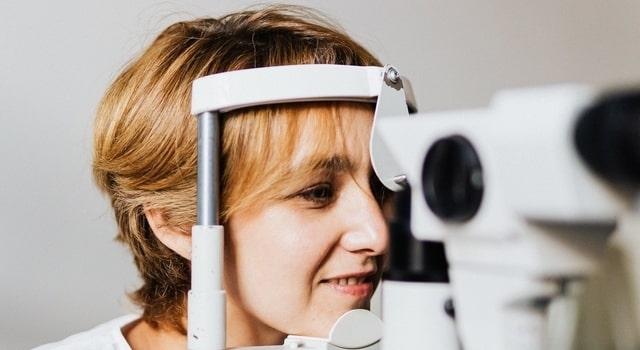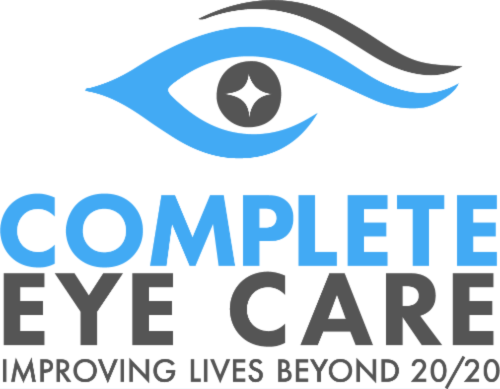
Maintaining sound eye health is essential for overall well-being. Many adults experience common vision problems that can impact their quality of life. Comprehensive eye exams are crucial in diagnosing and managing these issues, helping to preserve vision and prevent complications.
At Complete Eye Care, we are committed to providing thorough eye care to the Belmont community. We ensure every patient receives the attention they need to keep their eyes healthy.
Understanding Common Eye Conditions
Several prevalent eye problems affect people of all ages. Here are some of the most common ones:
Nearsightedness (Myopia)
Myopia, or nearsightedness, is a refractive error where distant objects appear blurry while close objects are clear. This is due to the shape of the eye, causing light rays to focus incorrectly. Myopia often develops during childhood and can progress with age. You can manage it effectively with prescription glasses, contact lenses, or specialized treatments.
To learn more about myopia management, visit our dedicated Myopia Management page.
Cataracts
Cataracts occur when the eye's lens becomes cloudy, leading to decreased vision. Aging commonly causes this condition, but it can also result from injury, certain medications, or other health issues. Symptoms include blurred vision, difficulty with night vision, and seeing halos around lights. Early detection through comprehensive eye exams can help manage cataracts and determine the appropriate time for surgery.
Glaucoma
Glaucoma is a group of eye conditions that damage the optic nerve, often due to high intraocular pressure. It can lead to vision loss if not treated promptly. Because glaucoma typically shows no early symptoms, regular eye exams are crucial for early detection and treatment. Managing glaucoma effectively can prevent significant vision impairment.
Age-Related Macular Degeneration (AMD)
AMD affects the macula, the part of the retina responsible for central vision. This condition can cause loss of central vision, making tasks like reading and recognizing faces challenging. While there is no cure for AMD, early detection and treatment can slow its progression and help maintain quality of life.
The Role of Comprehensive Eye Exams
Comprehensive eye exams are vital in identifying and managing common eye conditions. Unlike basic vision screenings, which typically only assess visual acuity, comprehensive exams evaluate the overall health of your eyes. Here are some critical components of these exams:
- Visual Acuity Test: Measures how well you can see at different distances
- Refraction Assessment: Determines the appropriate prescription for glasses or contact lenses
- Eye Pressure Measurement: Checks for signs of glaucoma
- Retinal Examination: Inspects the retina and optic nerve for signs of disease
- Slit-Lamp Examination: Provides a magnified view of the structures at the front of the eye
Regular comprehensive eye exams can detect problems early, providing timely intervention and better outcomes. They are essential for maintaining good eye health and preventing vision loss.
Why Choose Complete Eye Care?
We prioritize your eye health through detailed and personalized care. Our experienced optometrists use the latest technology to perform comprehensive eye exams and diagnose various conditions. We help you maintain clear vision and overall eye health by addressing issues early.
For more information on the importance of comprehensive eye exams, visit our Comprehensive Eye Exams page.
Request your comprehensive eye exam at Complete Eye Care and take the first step towards better eye health.
